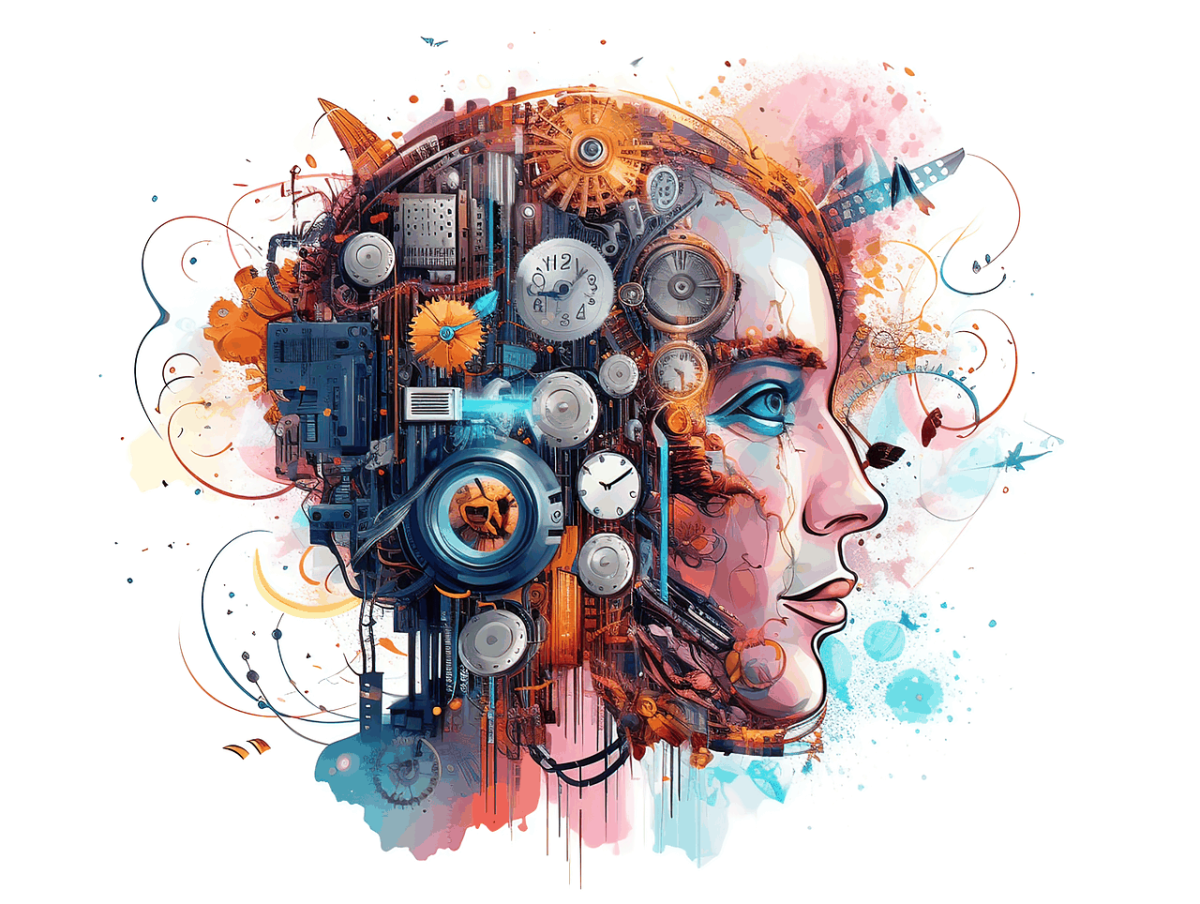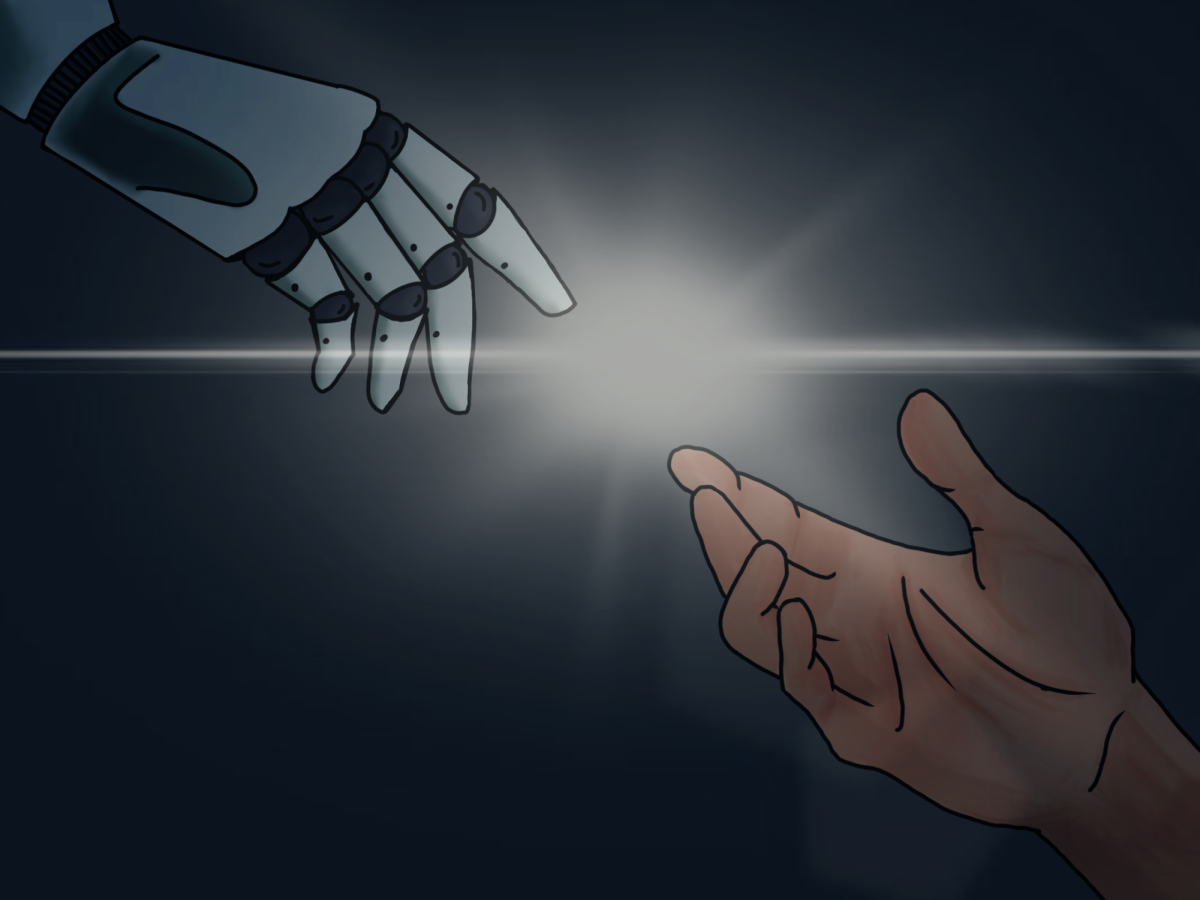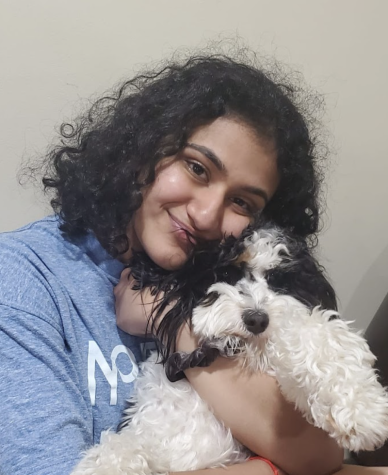What is it that makes us human?
Is it our ability to think? To form coherent thoughts? To build civilizations?
Perhaps, like many things, the distinctive feature of being human lies in all these things: creativity. Creativity is the ability to conjure ideas—new, individualistic, ideas from seemingly nothing.
At the risk of sounding obvious, ideas are the things that run the world, but they don’t just stem from anywhere. As human beings, we draw from our experiences, observations, and moral compass to form an idea. Now when we hold such great potential, you’d think that we humans would tap further into it for creating uniquely abstract ideas. This is, after all, how we achieved the arts (and its variations) throughout history.
But creativity is more essential to our daily lives than simply creating marvels of the world. Creativity is the foundation of how we express ourselves and branch out into different paths of blooming flowers—it is what makes us unique.
So if the topic arose that there is already something in place in our world today that is gravely threatening our creativity, it’s natural to want to take action: of course, humans value creativity. But oftentimes, we have seen firsthand how innovation can stifle aspects of our lives that make us, arguably, better. Now, what innovation is this that I am referring to so negatively?
Artificial intelligence.
Yes, it is AI that is “creeping up” on creativity. Does this mean I’m anti-innovation, anti-technology, or anti-AI at all? Not in the slightest. What I think should be discussed, however, is how we use it.
Take for example, students. Many students use AI tools such as ChatGPT to write essays or answer questions for quick homework grades (which honestly, as a student, comes in handy when it’s 7:45 a.m. and there’s an assignment due at 8:00 a.m.). But the most concerning thing about having tools that can function so similarly to humans (mostly without the emotion) is the lack of individuality we are adapting to.
Certain opinion-based questions on assignments, or even analysis essays, require some level of critical thinking from the student. The process of reading and understanding the question, then forming a stance, and finally articulating their answer with support is one that is helpful for us in our daily lives. By plugging things into an AI tool, we are depriving ourselves of the opportunity to create our own opinions and critically think.
Why does it matter, anyway? These assignments seem so difficult and tedious with no clear reason. I won’t even use this in life!
I get it. I swear, I really do. I question the reason behind assignments perhaps even more than I question my life choices. But critical thinking is perhaps the most crucial thing, in my opinion, that school teaches us. And using AI simply takes that away from us.
So why exactly is critical thinking important?
Short answer: it’s how we make money and stay happy.
When you truly analyze each occupation in our world, or simply just existing in today’s environment, it feels every second requires a decision to be taken. Half—if not more—of the events that happen in our daily lives don’t have precedent, and if they do, we might not even know about them. So we essentially treat a lot of situations in our lives like a problem that needs to be solved: how do we approach the problem so we can get the most out of it? We draw upon our own experiences, morals, and creativity to critically think about potential scenarios and what would lead to them.
Then, if AI is stifling our ability to critically think, do we get rid of it?
Well, that would obviously have several other consequences. The best thing to do is to think about how and why we’re using artificial intelligence. And perhaps, maybe we need to figure out other methods to ensure critical thinking is being fostered in classrooms, while taking the existence of artificial intelligence into account.
So try and abstain from using artificial intelligence for absolutely anything and everything, because the creativity it takes away from you is the very thing that drives our daily lives.






































